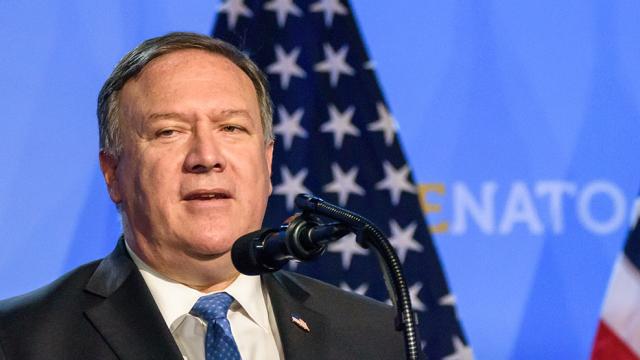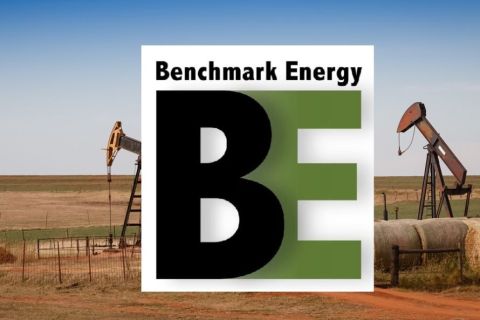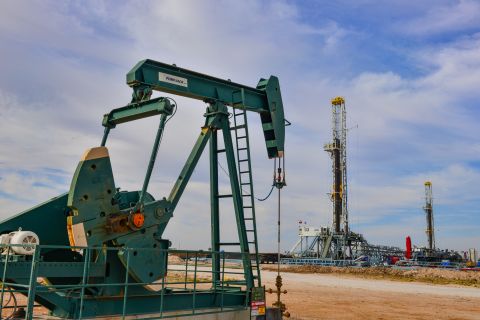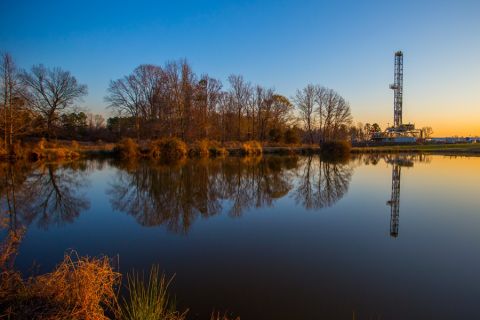
Secretary of State Mike Pompeo. (Source: Gints Ivuskans/Shutterstock.com)
WASHINGTON—Secretary of State Mike Pompeo on July 15 warned investors in two Russian natural gas pipeline projects that they could face sanctions as the Trump administration seeks to curb the Kremlin’s economic leverage over Europe and Turkey.
Pompeo told a news conference that European investors in the Nord Stream 2 and a branch of the Turkstream pipelines could be “put at risk” of U.S. sanctions under the Countering America’s Adversaries Through Sanctions Act of 2017. The pipelines will carry gas from Russia to Europe and Turkey.
“It’s a clear warning to companies aiding and abetting Russia’s malign influence projects will not be tolerated. Get out now, or risk, the consequences,” Pompeo said.
The United States, which has a glut of natural gas, is trying to export LNG to Europe. It has also supported efforts by Europe to diversify its imports of LNG from other sources, including Norway.
Russia’s foreign ministry spokeswoman Maria Zakharova said sanctions on the two pipelines equated to political pressure, TASS news agency reported.
“This is the use of political pressure for unfair competition,” Zakharova said. “It is an indicator of the weakness of the American system. Apart from forceful methods, there are no effective tools.”
Nord Stream 2 suspended construction last December after Swiss-Dutch company Allseas, which specializes in subsea construction, pulled out following President Donald Trump’s signing of a defense policy bill that contained other sanctions on the project.
Two Russian-owned pipe-laying vessels may finish the remaining 100 miles of the project, led by Russia state-run company Gazprom. Gazprom is financing half of the project worth about 9.5 billion euros.
Gazprom did not immediately reply to a request for comment.
Last month, a bipartisan group of U.S. senators led by Jeanne Shaheen (D-N.H.) and Ted Cruz (R-Texas) introduced a sanctions bill on Nord Stream 2. The measures, which only become law after being passed by Congress and signed by Trump, would expand existing sanctions to include penalties on parties providing underwriting services, insurance or reinsurance, and pipe-laying activities.
Nord Stream 2, which would take 55 billion cubic meters of gas per year to Germany under the Baltic Sea, bypassing Ukraine and depriving it of potentially billions of dollars in transit fees, aims to double the Nord Stream route’s existing capacity.
Nord Stream 2 chafed at the U.S. move.
Efforts to obstruct the project “reflect a clear disregard for the interests of European households and industries, who will pay billions more for gas if this pipeline is not built,” said spokesperson Steffen Hartmann.
Other partners in Nord Stream 2 are Austria’s OMV, German firms Uniper and Wintershall, Anglo-Dutch energy major Royal Dutch Shell Plc and France’s Engie.
The sanctions are opposed by Germany, Europe’s largest economy, which needs cheap gas as it weans itself off of coal and nuclear power plants.
Analysts pointed out that the sanctions remain optional.
“In short, we would describe today’s change as loading and aiming of the sanctions weapon without cocking or firing it,” said analysts at ClearView Energy Partners LLC in a note to clients.
Recommended Reading
Benchmark Closes Anadarko Deal, Hunts for More M&A
2024-04-17 - Benchmark Energy II closed a $145 million acquisition of western Anadarko Basin assets—and the company is hunting for more low-decline, mature assets to acquire.
‘Monster’ Gas: Aethon’s 16,000-foot Dive in Haynesville West
2024-04-09 - Aethon Energy’s COO described challenges in the far western Haynesville stepout, while other operators opened their books on the latest in the legacy Haynesville at Hart Energy’s DUG GAS+ Conference and Expo in Shreveport, Louisiana.
Mighty Midland Still Beckons Dealmakers
2024-04-05 - The Midland Basin is the center of U.S. oil drilling activity. But only those with the biggest balance sheets can afford to buy in the basin's core, following a historic consolidation trend.
Mesa III Reloads in Haynesville with Mineral, Royalty Acquisition
2024-04-03 - After Mesa II sold its Haynesville Shale portfolio to Franco-Nevada for $125 million late last year, Mesa Royalties III is jumping back into Louisiana and East Texas, as well as the Permian Basin.




